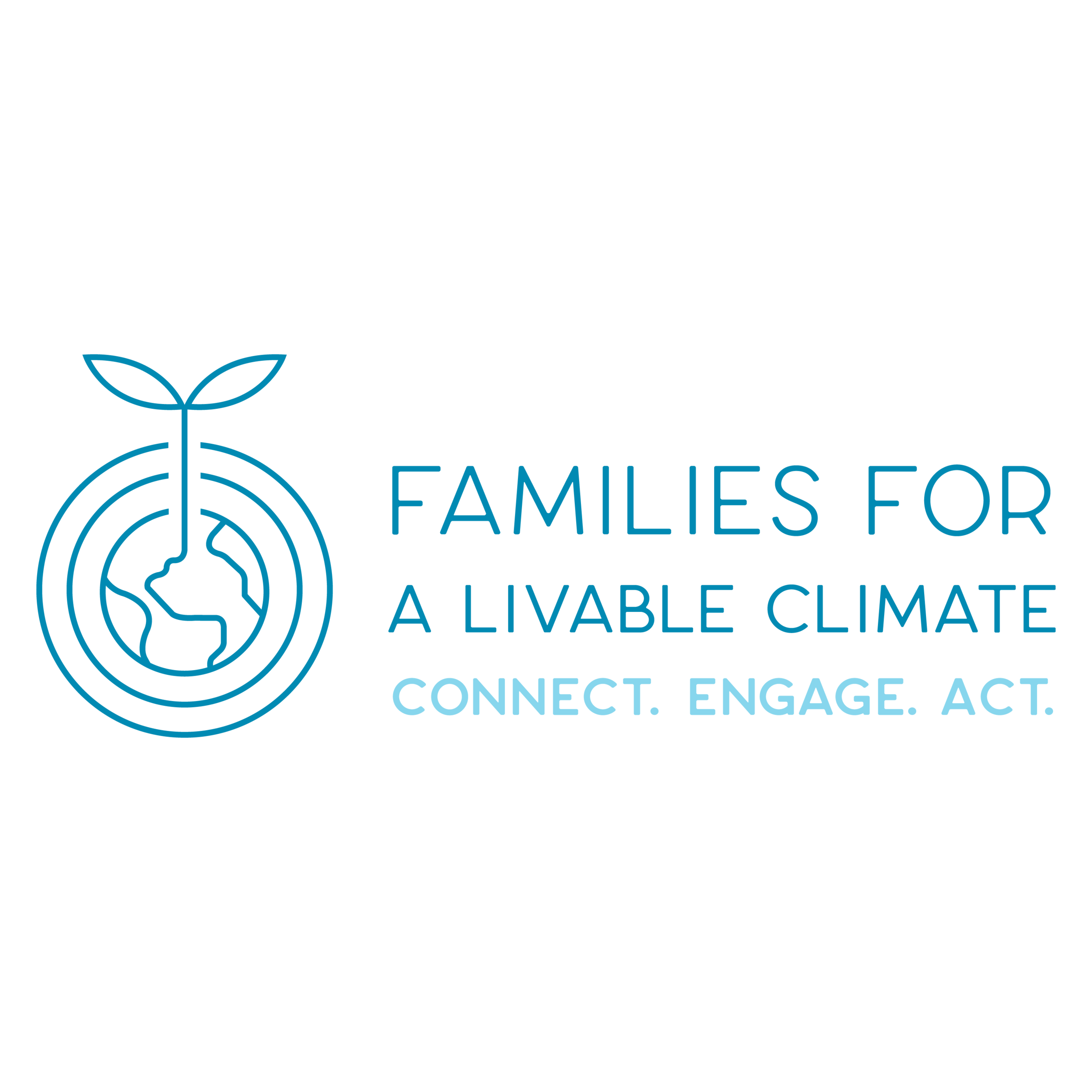Changing the world through storytelling
Responses from the community on why climate change matters to them.
By Sarah Lundquist
This article was published in the Missoula Current on 5/13/2022
—
Human beings are storytellers. For thousands of years, we have connected with one another over stories of adventure, heartbreak, humor and joy.
Stories are an integral part of our identity as a species; they help us learn from each other, form and strengthen relationships, overcome challenges, pass on shared values, and cooperate in groups. Stories also evoke emotions and inspiration – in the words of storyteller Sharon Timms, “A good story engages our curiosity, emotions and imagination, and ultimately lives on to inspire us.”
Stories are powerful emotional tools, and they can cause physical reactions and changes in our brains as well. National Public Radio has reported that stories activate parts of our brains responsible for deciphering motives and guessing what will happen next.
“Imagining what drives other people — which feeds into our predictions — helps us see a situation from different perspectives. It can even shift our core beliefs.” As a result, storytelling can be a powerful tool to affect change.
Despite the tradition and power of using stories as a catalyst for change, it is highly underutilized in the climate communication sphere. As PhD candidate Kamyar Razavi wrote in his piece about the role storytelling can play for climate action: “For decades, the assumption has been that members of the public, politicians and policy makers would take the matter [climate change] more seriously if only there was more information about the impacts and consequences of a warming planet… stories about the climate crisis – for example, about how people are responding in real time and making a difference – are still few and far between.”
Relying primarily on facts, data, and scientific analysis has unfortunately not brought about the transformation needed to keep us below 1.5ºC warming (more about why that is the case here).
Perhaps it is time for a strategy shift – one that takes advantage of millennia of human practice and leverages the storyteller innate within all of us. This is what drove us, Families for a Livable Climate and Stories for Action, (with support from Montana Health Professionals for a Healthy Climate, Mountain Mamas, and Montana Environmental Information Center) to launch our Montana Climate Stories project.
Montana Climate Stories is a digital space where we share personal stories from Montanans about how climate change is impacting them. The stories we post reflect our shared needs for a livable climate and thriving environment, good jobs, healthcare, and equitable access to education and other opportunities.
Our hope is that by sharing stories, Montanans can find common ground and come together to ensure strong protections for our shared climate, and a livable future for all of our families and this beautiful state we call home.
We’ve received stories about the impacts of wildfire smoke on physical and emotional health, how decreased snowpack has threatened winter activities, how fossil fuels have polluted human breast milk, and how drought and heatwaves disproportionately impact indigenous communities.
We’ve also shared stories of hope and action, including how students are taking climate action on campus, indigenous food sovereignty, regenerative agriculture, and incorporating equity into climate solutions. By amplifying the ways that climate change is touching the lives of real Montanans right now, as well as sharing some of the ways our neighbors are addressing the climate crisis, we hope to build empathy for those on the front lines of climate change and inspire and empower our community to utilize the solutions that are already available to us to ensure a livable future for all.
Find our collection of stories at mtclimatestories.org and follow along on our Instagram page (@montanaclimatestories). We would LOVE to share your climate story too! Any Montanan can submit their story as a written or recorded narrative, poem, artistic work, image, or any other format that is digitally shareable through our website or by emailing sarah@livableclimate.org.

